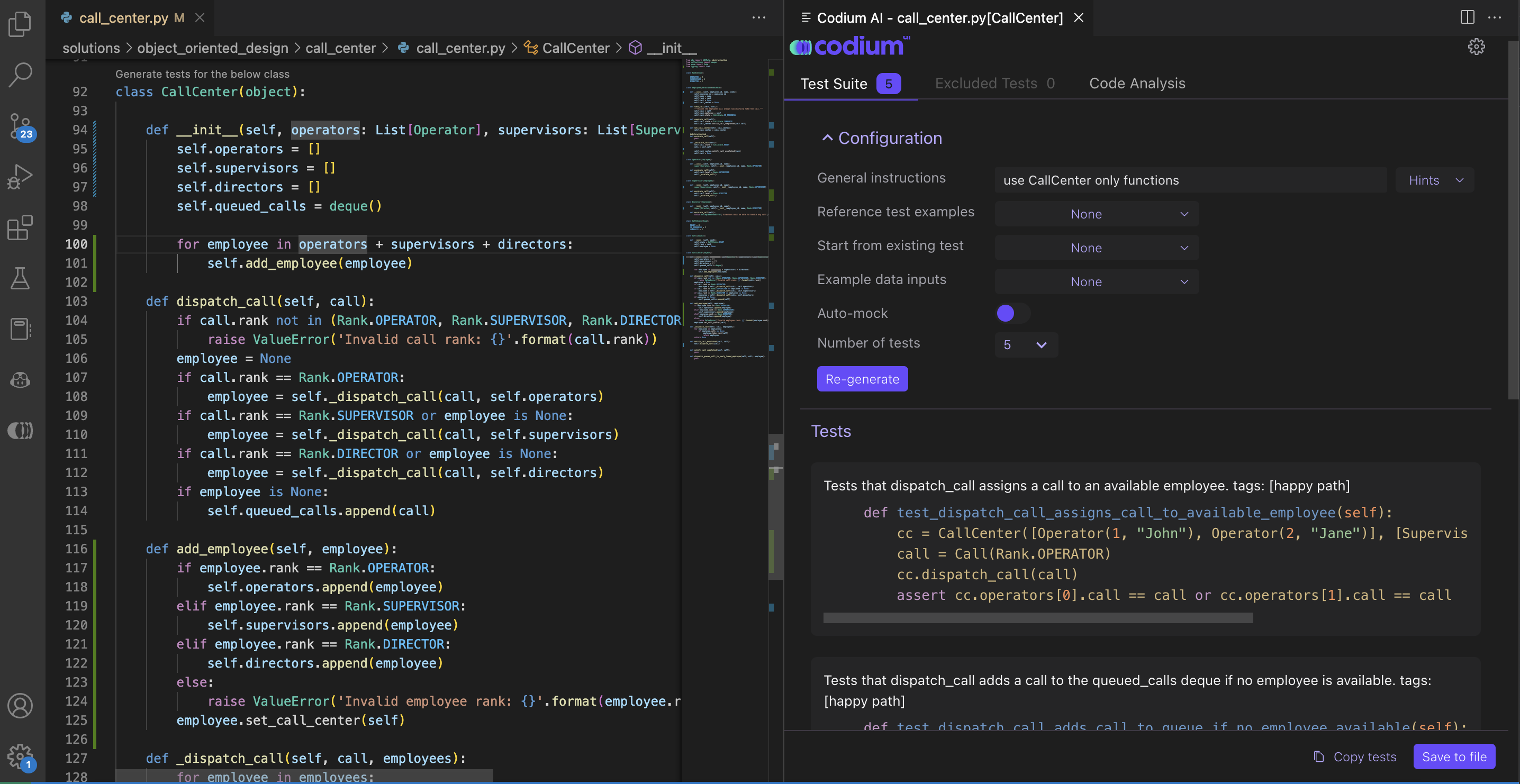CodiumAI is using generative AI to help developers build code logic tests automatically

Over his two decades of experience in the tech industry, CodiumAI co-founder and CEO Itamar Friedman has personally experienced the pain of building test suites to check his code logic. He found that while there are tools to check for code security and performance, there has been a dearth of code logic checkers.
He launched CodiumAI to solve that problem by coming up with a solution that builds those tests automatically using generative AI, and today his 9-month-old company emerged from stealth with a hefty $11 million seed investment.
“We have plenty of tools to check code vulnerabilities, making sure it’s secured. We have some tools to check performance, but we have barely [any] tools that actually verify code logic, like a tool that checks down to the level of lines of code and checks that it works. And this is really frustrating and a lot of developers spend 25% to 50% of their time on writing tests and checking code logic,” Friedman told TechCrunch.
He says that most developers save time by using boilerplate code to jump start their programming, then fill in with custom code. They typically build tests to check that the combined code works as designed. With CodiumAI, the company replaces the need to build these logic tests manually by building the tests for you.

Image Credits: CodiumAI
Friedman says the solution is using generative AI to build these tests. You simply click the ”Generate Tests” button, and the program automatically analyzes the code and creates a suite of tests. The developer can then interact with this code, and ask for more specific tests, and it creates a new test based on those additional instructions automatically.
He says they have built a custom large language model called TestGPT, which is at the core of the solution. “It is used to generate the code analysis, the test plan and the test code. Then it is used to interactively respond to user requests to clarify those tests,” Friedman explained.
The company has been working with 1,000 early users over the past several months, and is opening the free product to anyone who wants to try it today. Friedman believes that by getting developers involved early with the free product, the company will make money down the road when it releases products for teams and enterprises with more advanced features designed for these groups’ special requirements.
The company currently has 15 employees, and is hiring. He says that building a diverse team is a priority for him, even this early in the company. “We have a lot of diversity already today in the 15 people [we have on the team]. And it’s important for us now, but [we recognize] that there’s always more you can do and we put a lot of effort into it,” he said.
The $11 million seed investment was co-led by Vine Ventures and TLV Partners along with several prominent industry angel investors.

